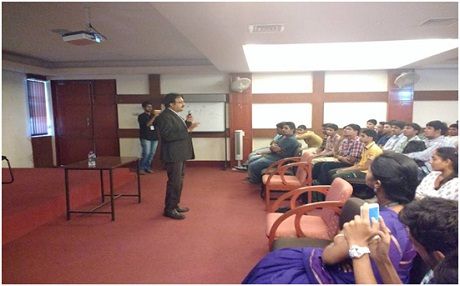Artificial Intelligence specialization will create engineers, who can build solutions, with intelligence as humans. With 5 million job openings a year, AI is called the skill of the century. The B.Tech Program with specialization on AI and Machine Learning will have core courses from Computer Science and Engineering and electives courses in AI and Machine Learning, which are designed by IBM.
